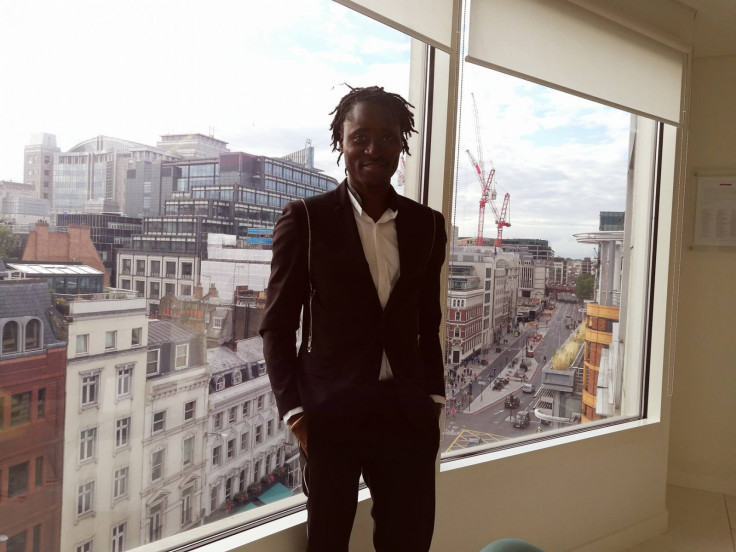From dream to reality: Bisi Alimi Foundation will 'promote social acceptance of gays in Nigeria'
IBTimes UK's Bisi Alimi became the first gay Nigerian to disclose his homosexuality on national TV in 2004.

In the beginning there was just anger. And the anger was exacerbated by the fear and frustration for not being able to conduct a normal life in Nigeria, a country where homosexuals are persecuted and incarcerated for up to 14 years for simply expressing their sexual orientation.
This is how leading LGBTI activist Bisi Alimi described his journey as a gay rights activist since he became the first gay Nigerian to disclose his homosexuality on national TV in 2004.
His advocacy work has come a long way, as he has now inaugurated the Bisi Alimi Foundation in London.
"With the foundation, we aim to accelerate social acceptance of LGBTI people in Nigeria," Alimi told IBTimes UK during the celebration of the charity launch at the Baker and McKenzie law firm.
"And we were able to achieve what we have today because a lot of people in this country bought into the dream that we had, because they want my country to be in the same position as the UK is at the moment."
Anti gay-laws in Nigeria
Nigerians involved in a gay marriage or civil union face imprisonment for up to 14 years under the Same Sex Marriage (Prohibition) Bill signed into law by former Nigerian president Goodluck Jonathan in 2014. According to the bill, dubbed "Jail the Gays", anyone who registers, operates or takes part in gay organisations or makes a public show of a same-sex relationship will also be punished with up to 10 years in prison.
The implementation of the law prompted a crackdown on homosexuals. Amnesty International said the new legislation disregards human rights and warned it mirrored the laws enforced by the military dictators who ruled Nigeria until 1999.
The Bisi Alimi Foundation will release a report on the impact of homophobia in Nigeria in December 2016. "It will our biggest study on the impact of homophobia in Nigeria, which is damning, it is a disaster," said Alimi.
President Muhammadu Buhari, who defeated Jonathan in 2015's election, has not hinted he would amend or scrap anti-gay laws in the country. The US, which became again a staunch ally of Nigeria after Buhari took office, said it will put pressure on Nigeria to scrap homophobic laws and allow homosexual unions.
"We are hoping that the international community will pay attention to the report, so that the Nigerian government will have no choice but pay attention to it too," said Alimi. "Even it means they will denounce it and reject it, they will react and if they are smart enough, they will call us to engage with them. We want Nigeria to be able to develop programs based on what we found so that we can, together, drive change in the continent."
A project to create the documentary The Boy from Mushin, on Alimi's struggle to promote gay rights in Nigeria, is currently underway. You can click here for more information.
Nigeria up close: Check out our Flipboard magazine
© Copyright IBTimes 2025. All rights reserved.






















